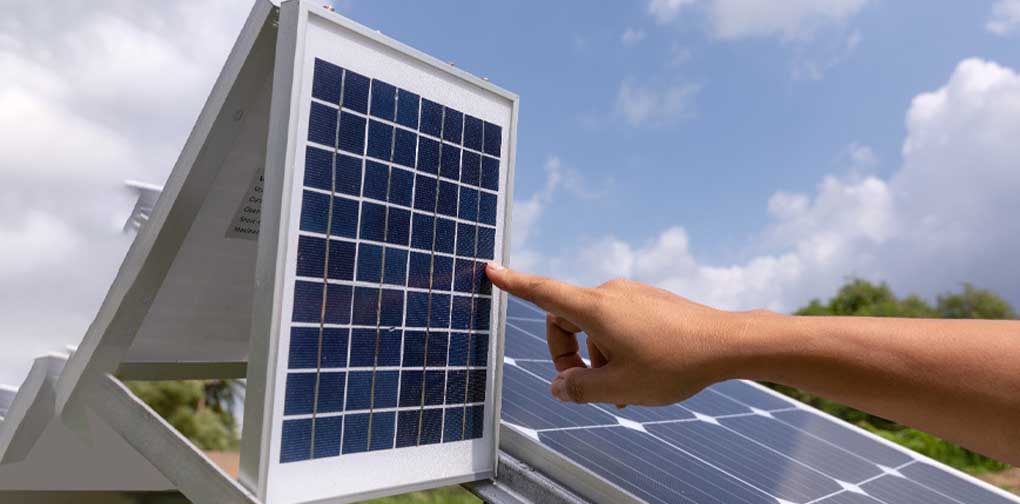
India’s energy landscape is shifting quickly, with more people embracing renewable energy to cut costs and reduce carbon footprints. At the heart of every solar setup lies the inverter, which ensures that the direct current (DC) produced by solar panels is converted into alternating current (AC) for use in homes, businesses, or the on-grid system. Among the many options available, the hybrid solar system stands out. At its core is the solar hybrid inverter, also known as a bi-directional inverter, which has the flexibility to work with or without batteries. But the real question is: Can these inverters actually perform well without batteries?
How Solar Hybrid Inverters Work
A hybrid solar inverter manages energy flow between solar panels, the grid, and batteries. It transforms DC from the panels into AC for instant use during the day. If batteries are installed, any extra power can be stored for later use. This makes the hybrid solar system a versatile choice, suitable for households and businesses that want both efficiency and backup options. But if no batteries are connected, the system simply behaves like a regular grid-tied inverter, relying on the grid when solar energy is unavailable.
Can They Function Without Batteries?
- Solar power is used instantly to supply your appliances.
- Extra electricity can be sent back to the on-grid system.
- power since no stored energy is available.
- Energy Security—Batteries provide power during grid outages.
- Bill Savings – Store energy during the day and use it later to reduce grid usage.
- Solar Inverter Price Justification – By pairing batteries, the overall system investment provides better returns in the long run.
- Load Management – Batteries allow you to shift usage and avoid peak-hour tariffs.
- Higher Efficiency – Improve overall self-consumption by using more of the energy you generate.
Yes—hybrid solar inverters can run without batteries. In this mode, they act as grid-tied inverters:
At night or during cloudy weather, the home depends on grid
The key downside is the lack of backup power. During outages, a battery-less hybrid inverter cannot keep essential appliances running.
Why Add Batteries to a Hybrid Solar System?
Even though hybrid inverters can operate without batteries, adding storage delivers several benefits:
When considering a solar inverter price, it’s worth remembering that while upfront costs rise with batteries, long-term benefits often outweigh the expense.
Hybrid Solar System and Technology Advancements
With continuous improvements in renewable technology, today’s hybrid solar system is smarter and more cost-effective than before. Modern hybrid inverters can integrate seamlessly with high-efficiency panels, delivering stable power while optimizing consumption. For homeowners looking at solar inverter prices, it’s important to see the bigger picture: while basic grid-tied inverters may seem cheaper, hybrid inverters paired with batteries offer greater resilience and savings in the long run.
Choosing the Right Solution
If your goal is only to lower your electricity bills, using a hybrid solar inverter without batteries might be sufficient. However, if you want backup power, long-term energy independence, and maximum savings, investing in batteries is highly recommended.
Companies like Illumine Solar Energy Solutions specialize in designing systems that balance performance with cost, helping customers select the right setup based on energy usage, budget, and long-term goals. Whether you’re calculating the ideal solar inverter price or planning for a complete hybrid solar system, expert guidance ensures better results.
By investing in a hybrid solar system, you not only reduce your reliance on the grid but also secure a stable and cost-efficient power supply for the future. If you’re exploring solar options and comparing solar inverter price ranges, consider both your present and future needs. With the right partner, like Illumine Solar Energy Solutions, switching to solar is a smart and sustainable decision.
